10 Reasons Partners Should Jump On The Cisco API Bandwagon
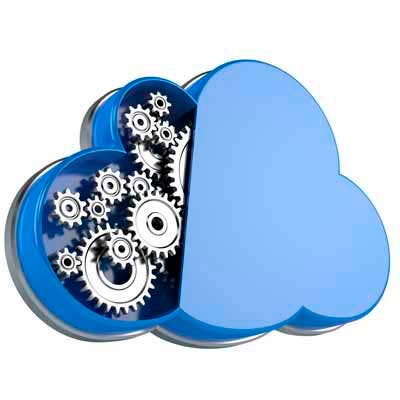
Hop On Board
Cisco is mounting a channel-focused API offensive through partner trainings, revamped certifications, expanding its DevNet developers community and greater API incentives, according to several top Cisco executives.
"The partner of the future is going to look very different than the partner in the past," said Nirav Sheth, senior director of solutions, architectures and engineering for Cisco's Global Partner Organization, in an interview with CRN. "Technology in boxes and selling to the IT buyer is not going to be obsolete by any means, but the partner of the future has to be able to do that, has to also be able to sell into the line of business and also has to be able to bring these API software capabilities to bear."
Here are ten reasons and initiatives why channel partners should double down on Cisco APIs.

America's Channel Chief: Greater APIs Incentives Ahead
Leading the charge for more than 23,000 partners across the U.S., Canada and Latin America, Rick Snyder said APIs "are becoming increasingly important" with more incentives ahead for the channel.
"We will incent partners to really drive applications via the APIs," said Snyder, in an interview with CRN. "We have programs that actually helps our partners that are interested in driving applications. It rewards them for developing applications via our APIs. If we're looking at a baseball game, we're in the first couple of innings of this ballgame. We'll continue … It's a major differentiator for our partners."
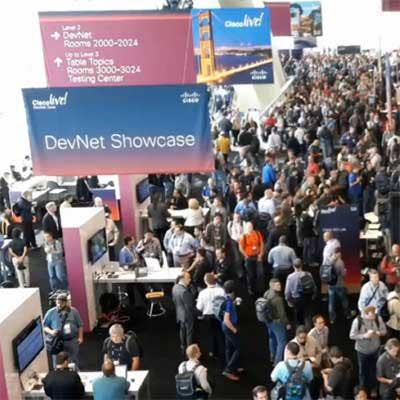
DevNet Community Explosion
Three years ago, former Cisco CEO John Chambers approved the creation of a software developers program that morph into what today is known as Cisco DevNet. More than 405,000 individuals, including engineers from 1,450 channel partner organizations, are now developing on various Cisco's platform through the DevNet community.
"The DevNet ecosystem is all about taking our products and turning them into platforms," said Susie Wee, vice president and CTO of Networked Experiences and DevNet at Cisco. "We have APIs that actually gives our partners the ability to customize solutions, to make integrations that work with the bigger solutions that involve Cisco and non-Cisco parts, and allows them to customize and to create differentiation, to create whole new solutions for areas that Cisco wouldn't go in directly alone."

Free Learning Labs Available
The networking giant has conducted over 111 free Learning Labs where tens-of-thousands of people have received training around API programmability.
"You can get simple or advanced content there. We have things to help people for all different levels that they're at," said Wee. "All of our resources at developer.cisco.com are free – you can play around with it."
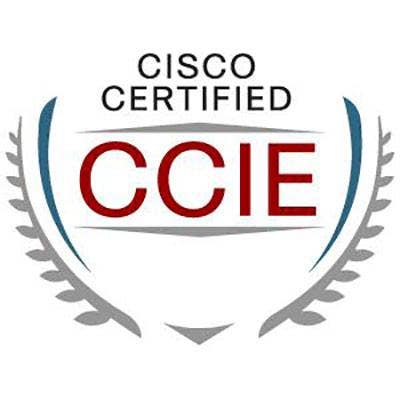
Certifications Geared Towards Developers
Cisco has made software a key skillset needed for its popular CCIE certifications. Sheth said API skills have been embedded into career Cisco certifications including CCIE Next Generation, CCNA R&S (routing and switching) and CCNA/CCNP Cloud programs.
"We're continuing to evolve our certification programs. We have a goal of having one million people get certified in one-way shape or form because our certs are evolving to include programmability," Sheth said.
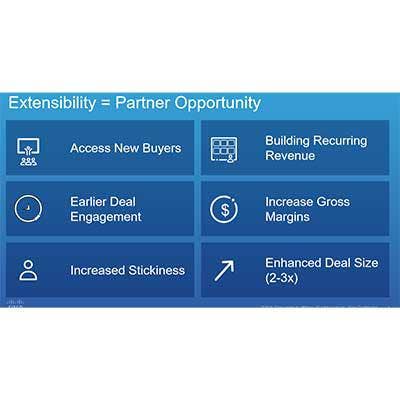
APIs Increase Gross Margins, Deal Size, Stickiness For Partners
Learning to develop on APIs gives partners access to new buyers, increase recurring revenue streams and stickiness, allows for earlier deal engagement and can double or triple the average deal size, according to Sheth.
"We're driving more stickiness because it's not just purely about 'Hey, my box is better than somebody else's box.' We're enabling partners to unlock new recurring revenue opportunities," said Sheth. "We're also enabling our partners to get involved in the deal earlier in the lifecycle."

API Portfolio Ballooned Over Past 18 Months
Cisco first implemented open APIs into its collaboration and networking portfolios in 2014, but efforts have ramped up over the past 18 months by adding APIs to its data center, cloud, Internet of Things, DevOps, data analytics and security solutions.
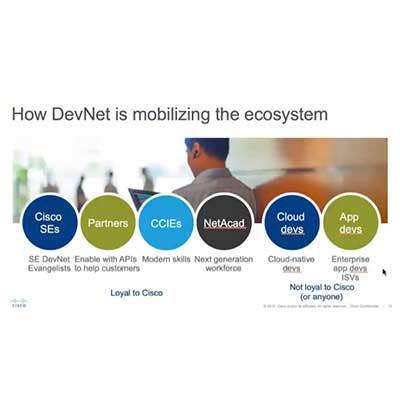
APIs Will Unify
Wee said there is "definitely an effort" underway at Cisco to unify its APIs together.
"That's a big part of what DevNet is," said Wee. "When you're managing your infrastructure you don't say, 'Do I want networking or do I want security?' You want networking and security and data center and cloud. You want to bring those things together."
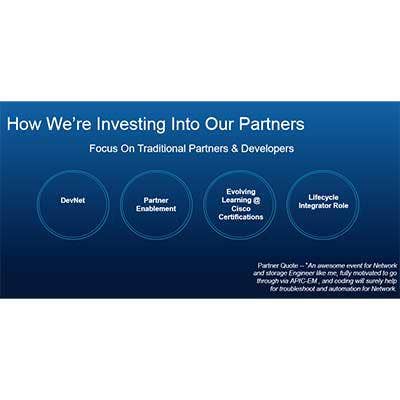
Cisco Software Developers To Become The New System Integrator
Sheth said, "The partner of the future is going to look very different than the partner in the past. Technology in boxes and selling to the IT buyer is not going to be obsolete by any means, but the partner of the future has to be able to do that, has to also be able to sell into the line of business and also has to be able to bring these API software capabilities to bear."
Cisco partners agreed with Sheth, including Steve Rogers, vice president of Solutions & Alliances at Groupware Technology, a Campbell, Calif.-based Cisco partner, ranked No. 76 on CRN's Solution Provider 500 list.
"One of our biggest initiatives is to pivot from a traditional integration partner to an infrastructure plus software-defined developer partner," said Rogers. "Adding a rich software development offering whether it's for public cloud, private cloud or whether its application integration -- that's really where we're heading. That's the partner of the future."

Promoting Third Party Integration With Cisco APIs
Cisco has been criticized in the past for what many have called a proprietary philosophy with regards to its IOS (Internetwork Operating System). However, partners say Cisco has been shedding that image over the past two or three years, pointing at the recent vendor's push of opening up Meraki APIs. Partners said Cisco is now pushing for third party, non-Cisco component integrations.
"Everything is going open and extensible," said Sheth. "Every portfolio, every architecture that we have – whether it's our collaboration stack, our next generation data center stack or core stack, etc. is open and extensible."

Cisco Bets Big On Applications
In January, Cisco announced its plan to acquire application performance monitoring and management provider AppDynamics for a whopping $3.7 billion. Partners said the acquisition moves Cisco front and center at the application level for the first time.
Rob Salvagno, Cisco's vice president of corporate development, said AppDynamics has the potential to becoming the networking giant's "next software franchise."